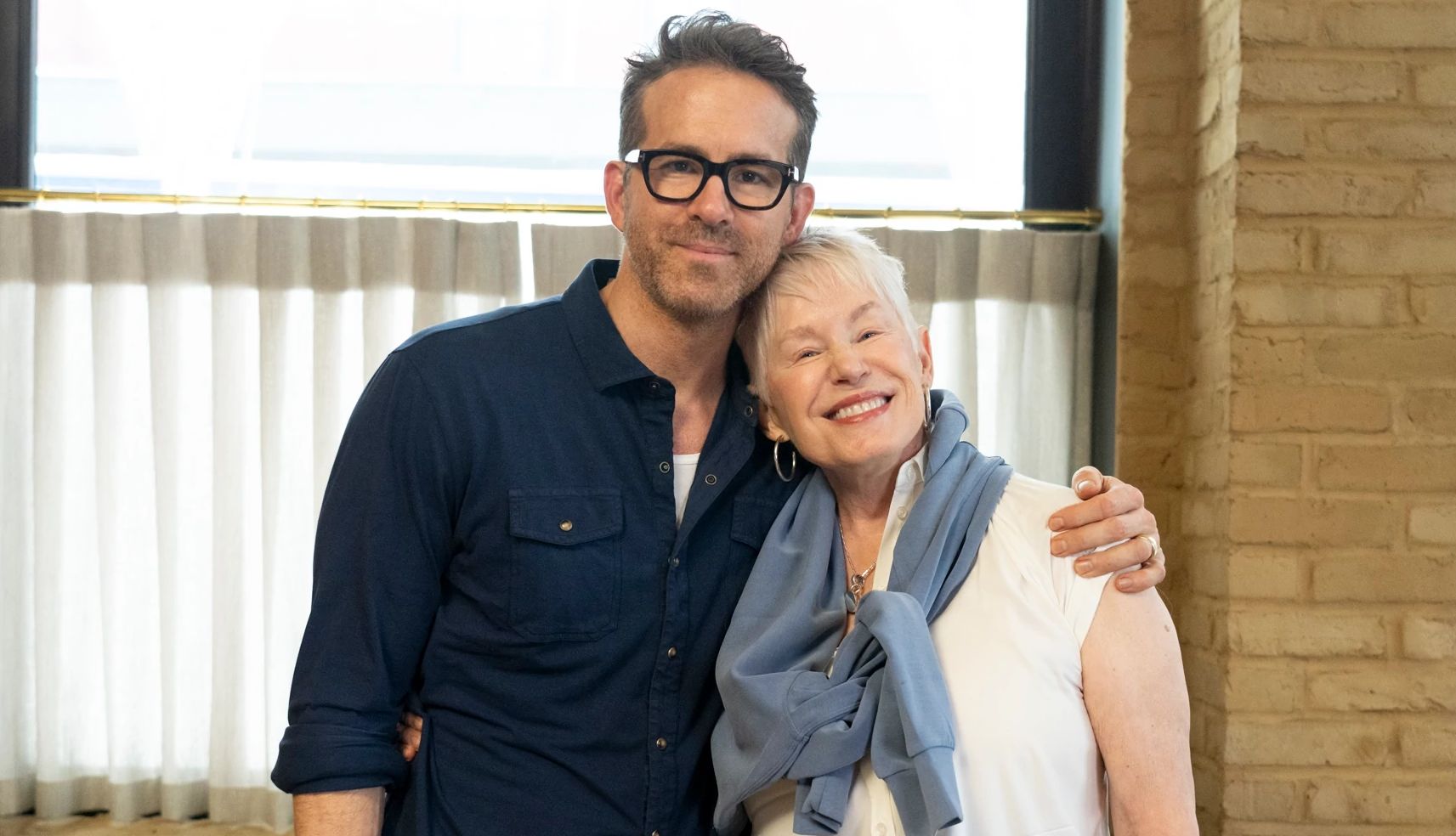AARP Hearing Center


Actor Ryan Reynolds knows firsthand the challenges of providing care for a loved one with a devastating neurological condition. His father, Jim, a former police officer, was diagnosed with Parkinson’s disease in 1988 at age 57. Jim died in 2015 at age 74, after a nearly two-decade battle, but Ryan’s commitment to bringing awareness to Parkinson’s continues.
In Parkinson’s disease, nerve cells, or neurons, in the brain die or become impaired. It affects nearly 1 million people in the United States and more than 6 million worldwide. Common symptoms include tremors, slowed movement, muscle stiffness, and changes in gait and speech. The damage progresses over time.
Today, Ryan announced a new partnership with the educational campaign More to Parkinson’s, which provides information and resources about the lesser-known challenges of Parkinson’s: hallucinations and delusions — issues his father struggled with greatly for years.
The Deadpool star, who has been a longtime advocate for Parkinson's and has served on the board of fellow Canadian and actor Michael J. Fox’s foundation for Parkinson’s research since 2009, tells USA Today that as the youngest of four brothers he had a “very complicated relationship” with his father, who rarely shared his feelings or talked about his illness, he says. The delusions created more of a rift. He tells People “at the time I just thought, ‘My dad’s losing his mind.’ My father was really slipping down a rabbit hole where he was struggling to differentiate between reality and fiction.” Experts say that 20 to 40 percent of Parkinson’s patients experience delusions and hallucinations.
He credits his mother for holding everything together in the family, although the isolation and fatigue she experienced as the main caregiver were profound.
“Caregivers are sort of the unsung heroes, people that really go into the coal mine and do the really, really hard stuff,” Reynolds says. “And my mom was certainly one of those people. And I think they rarely stop and take a gauge of how they’re feeling, or take stock of what they’re going through.”
Ryan says that, after his father’s death, he looked back on the relationship and realized he could have done more to make it work.
“And as I’m older now, I look back at it, and I think of it more as that was my unwillingness at the time to meet him where he was,” he admits to People. “I could have maybe been there with him toward the end, and I wasn’t. He and I just drifted apart, and that’s something I’ll live with forever.”
He says that becoming a father (he and his wife, actress Blake Lively, have three daughters and a son) helped provide deeper perspective to the complicated parental dynamic; the couple named their oldest daughter James as a tribute to Ryan’s dad.
As he shares to People: “The healing for me really comes more through my relationship with my own kids, while taking some of the things from my father that are of immense value.”
Explore additional information on Parkinson’s disease and caregiving.





































































More From AARP
25 Great Ways to Build Healthy Habits
These tips can help create changes that positively impact your well-being for years to comeHow to Proactively Approach an Alzheimer’s Diagnosis
Small steps that may help slow advancements and increase networks of supportHow to Be a Caregiver for Someone Who Has Parkinson’s Disease
Experts share ways to support a loved one whose needs will change over timeRecommended for You